18 March 2025
Let’s be honest here—waiting for a game to load is the ultimate buzzkill, right? You’ve got your snacks ready, controller in hand, and your hype levels through the roof. But then, bam—loading screen limbo. Is it your storage drive holding you back? Well, my friend, welcome to the showdown between the SSD (Solid-State Drive) and HDD (Hard Disk Drive).
In this article, we’ll break down how these two heavyweights affect your gaming experience, especially when it comes to those pesky game load times. We'll also dive into which option could be the right fit for you. Sound good? Let’s get into it! 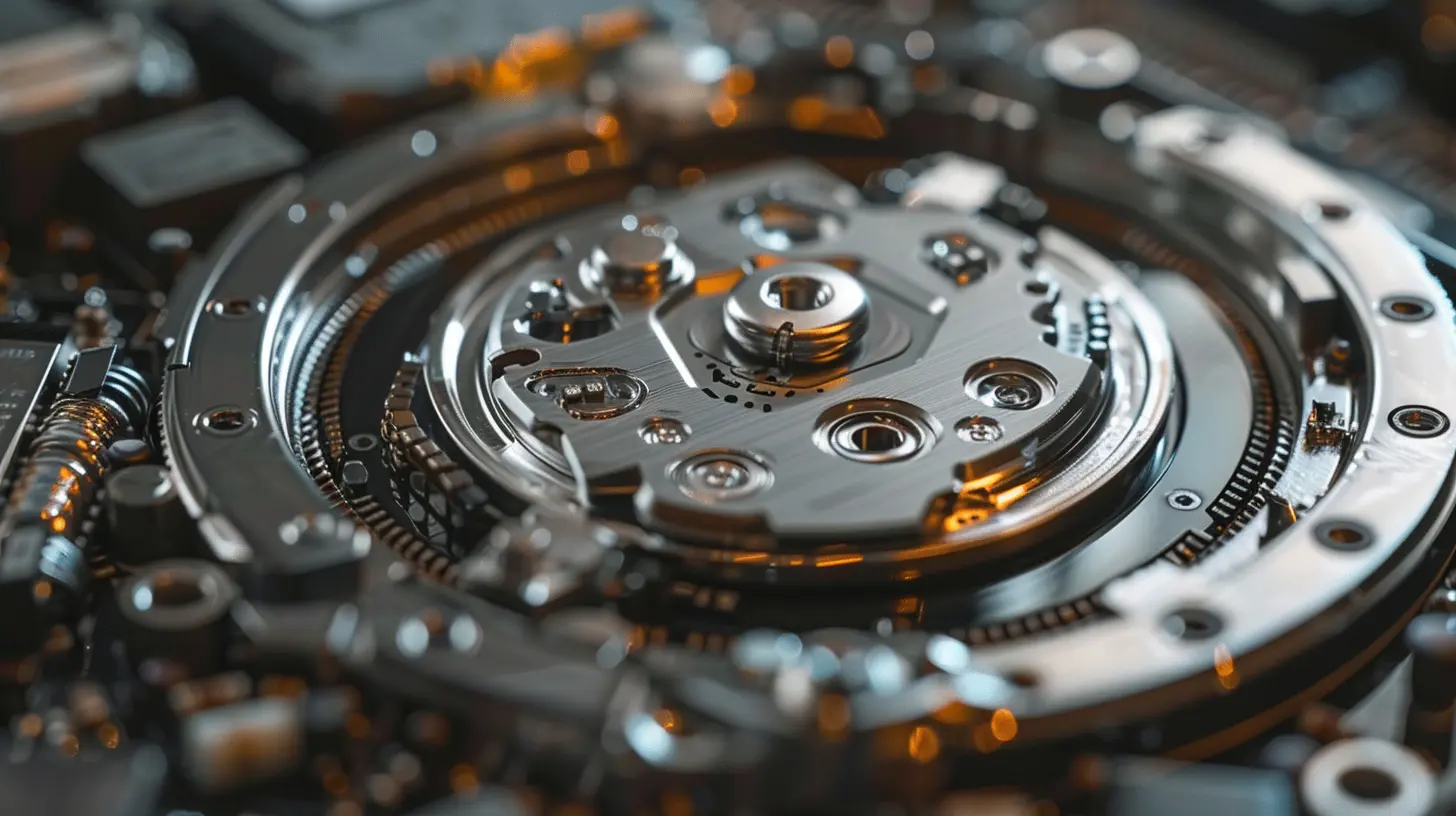
What’s the Difference Between SSDs and HDDs?
Before we dive into the nitty-gritty of load times, let’s set the stage with the basics. What exactly are SSDs and HDDs?HDD: The Old-School Veteran
HDDs have been around since the dawn of computing (okay, maybe not that long, but you get the point). They’re like spinning records—literally. Inside an HDD, there’s a spinning platter where your data is stored, and a little arm (called the actuator) moves across the platter to read and write data.They’ve been a go-to for decades because they’re cheap and can handle massive amounts of storage. Need several terabytes to stash your game library? HDDs have got you covered.
But here’s the catch—they’re kind of sluggish. All that spinning and moving parts creates a bottleneck, which brings us to the next player in the game.
SSD: The Speed Demon
If HDDs are like records, SSDs are like flash drives on steroids. SSDs use NAND flash memory, which means no moving parts—just lightning-fast access to your data. Imagine clicking on a game and bam! you’re in. That’s the kind of speed SSDs bring to the table.They’re pricier per gigabyte, and their storage options aren’t as large (yet), but boy, do they make up for it with speed.
So, what does this mean for your games? Let’s find out. 
The Impact of Storage on Game Load Times
Here’s the thing: modern games aren’t just simple sequences of code. These bad boys are massive, jam-packed with high-resolution textures, complex physics, and huge open worlds. All that data needs to be read and loaded into your system’s memory before you can jump in. That’s where your storage drive comes into play.HDDs, with their spinning platters, take longer to fetch that data. SSDs, on the other hand, are like a cheetah in comparison—they retrieve data way faster.
Real-World Load Time Example
Let me paint you a picture. Say you’re loading into a massive game like Red Dead Redemption 2 or Call of Duty: Warzone. On an HDD, you could be staring at a loading screen for, say, 2 minutes. Pop the same game onto an SSD, and you’re looking at 20-30 seconds. Now, doesn’t that difference feel huge when you’re itching to play?It’s not just about getting into the game faster either. SSDs are game-changers for open-world games. Ever experienced stutters while the game loads new environments mid-play? That’s HDD struggling to keep up. SSDs eliminate that issue by streaming data much faster. 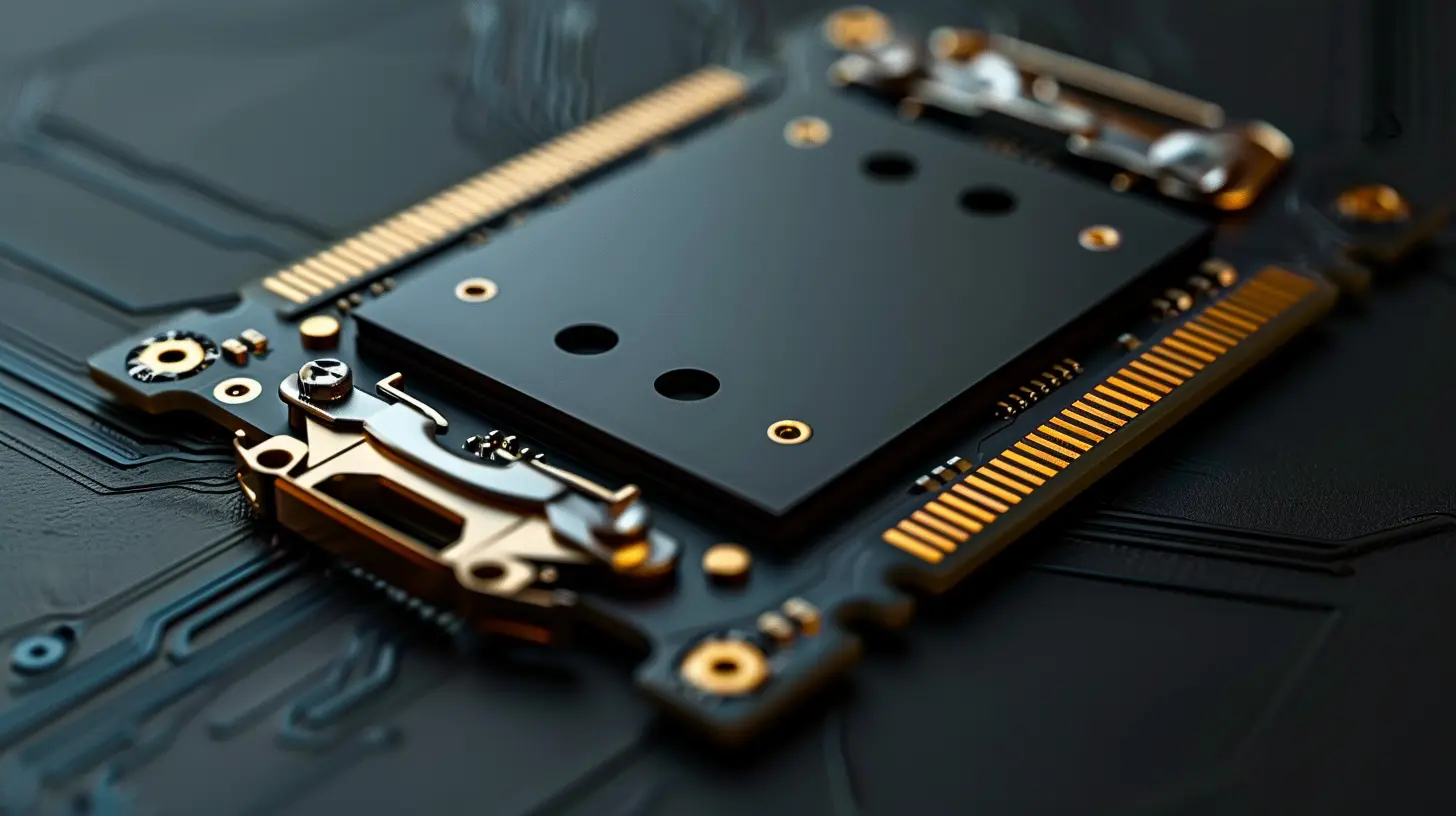
SSD vs HDD: Beyond Just Load Times
Okay, load times are a big deal, but they’re not the only thing to consider when choosing between an SSD and HDD. Let’s look at some other factors that might sway your decision.1. Game Installations and Updates
Let’s face it—modern games love to throw huge updates at us. Whether it’s a 50GB patch or a completely new expansion, installing and updating games on an SSD is ridiculously faster. With an HDD, you might as well go make a sandwich while you wait.2. System Performance
While storage drives don’t directly impact frame rates, your system feels snappier overall when an SSD is at play. Booting up your PC, launching apps, and multitasking all get a significant speed boost.3. Durability
Here’s another kicker: HDDs are more prone to failure. Since they rely on spinning parts, a good bump or drop could render them useless. SSDs, on the other hand, are much more durable.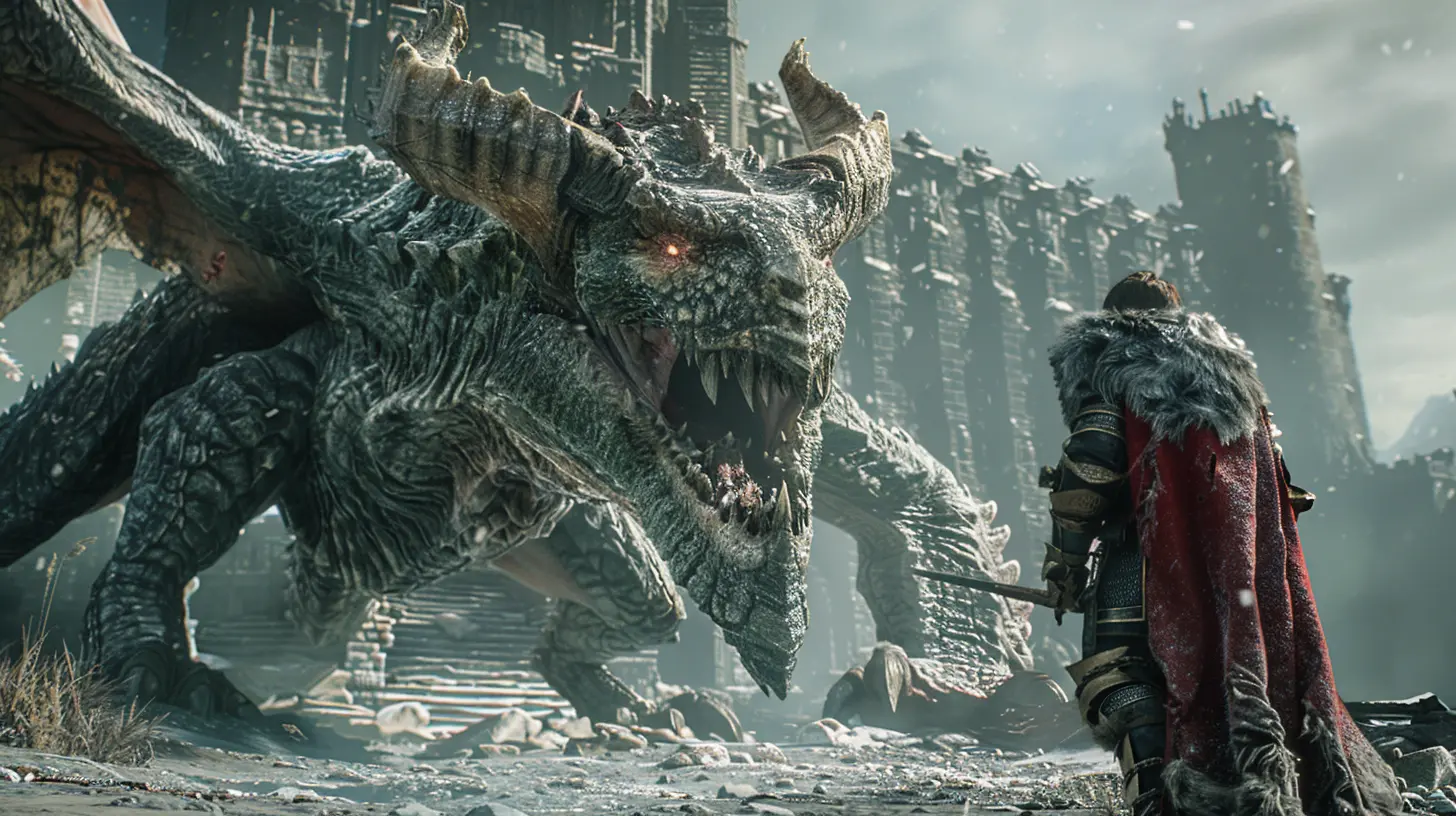
What Type of SSD Should You Get?
Not all SSDs are created equal, so let’s quickly talk about the different types and which one might be best for your gaming needs.1. SATA SSDs
These are the most budget-friendly SSDs. They connect through SATA interfaces, making them compatible with older systems. While they’re miles ahead of HDDs in terms of speed, they’re not the fastest SSD option out there.2. NVMe SSDs
Now we’re talking. NVMe SSDs use PCIe interfaces, which means they deliver insane read and write speeds. If you’re serious about cutting down those load times, these are the way to go.3. M.2 SSDs
M.2 is more about form factor than speed (though they’re often NVMe-based). These slim drives plug directly into your motherboard, saving space and making your rig look cleaner.So, Should You Ditch Your HDD?
Alright, the moment of truth—should you banish your HDD to storage purgatory? Well, not necessarily. Here’s what I’d recommend:- For Hardcore Gamers: If you’re all about performance, SSDs are non-negotiable. Go for an NVMe SSD if you can.
- For Casual Gamers: Consider a hybrid setup. Store your operating system and frequently-played games on an SSD, and keep your larger game library on a trusty HDD.
- Budget Constraints? Start with a smaller-capacity SSD for your OS and most-played titles. You can always expand later.
The Verdict: SSD > HDD for Gaming
When it comes down to it, SSDs are the ultimate game-changer for reducing load times and improving overall system responsiveness. HDDs still have their place, especially for mass storage on a budget, but if you’re tired of staring at loading screens, an SSD is the clear winner.It’s like swapping out your old jalopy for a sports car. Sure, the jalopy will get you from point A to point B, but the sports car makes the ride so much smoother and exciting.
Final Thoughts
At the end of the day, your choice between SSD and HDD boils down to what matters most to you—speed, storage, or budget. But one thing’s for sure: investing in an SSD can make a world of difference, especially if you’re all about fast-paced gaming.So, what are you waiting for? Upgrading your storage might just be the level-up your gaming setup needs.

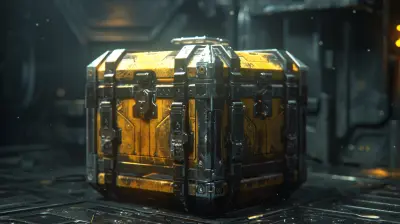



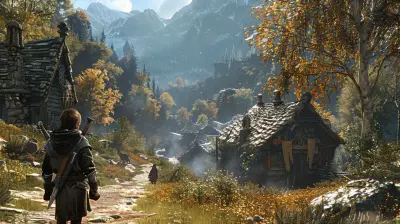

Wolf Montgomery
Great article! The comparison between SSD and HDD is crucial for gamers. The impact on load times can significantly enhance the gaming experience. Definitely considering an SSD upgrade for faster performance!
April 1, 2025 at 3:52 PM